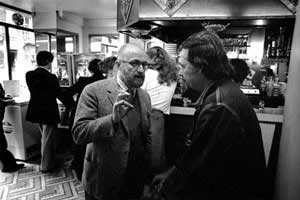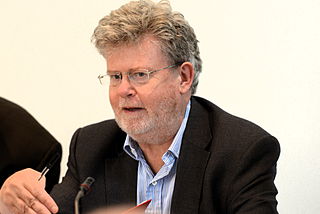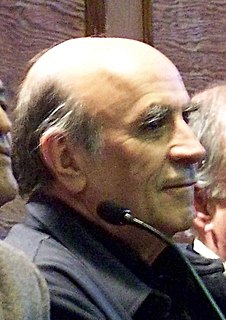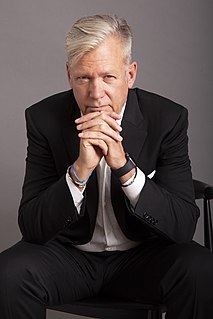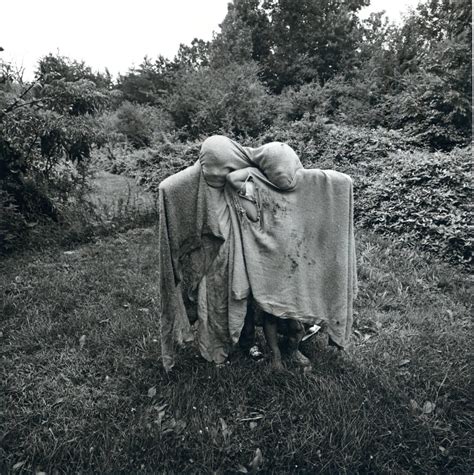A Quote by Daisaku Ikeda
It is crucial that we develop real awareness of ourselves as citizens of Earth, linked by mutual and indissoluble bonds. When we clearly recognize this reality and ground ourselves in it, we are compelled to take a strict accounting of our way of life.
Related Quotes
No one who lies is linked to God. God is the truth. He says, 'I am the Way, the Truth and the Life' (Jn. 14:6). See how we sort ourselves out and what position we take up through lying ? clearly on the side of the evil one. If, therefore, we want to be saved, we must with all our hearts love the Truth and guard ourselves from every kind of falsehood so that we may not be separated from truth and from life.
Self-respect is often mistaken for arrogance when in reality it is the opposite. When we can recognize all our good qualities as well as our faults with neutrality, we can start to appreciate ourselves as we would a dear friend and experience the comfortable inner glow of respect. To embrace the journey towards our full potential we need to become our own loving teacher and coach. Spurring ourselves on to become better human beings we develop true regard for ourselves and our life will become sacred.
It seems to me that self confidence and the ability to stand one's ground are essential if we want to succeed in life. I am not talking of stupid self-assurance but of an awareness of our inner potential, a certainty that we can always correct our behavior, improve ourselves, enrich ourselves, and that things are never hopeless
How do we define, how do we describe, how do we explain and/or understand ourselves? What sort of creatures do we take ourselves to be? What are we? Who are we? Why are we? How do we come to be what or who we are or take ourselves to be? How do we give an account of ourselves? How do we account for ourselves, our actions, interactions, transactions (praxis), our biologic processes? Our specific human existence?
We all have different desires and needs, but if we don't discover what we want from ourselves and what we stand for, we will live passively and unfulfilled. Sooner or later, we are all asked to compromise ourselves and the things we care about. We define ourselves by our actions. With each decision, we tell ourselves and the world who we are. Think about what you want out of this life, and recognize that there are many kinds of success.
The biggest adversary in our life is ourselves. We are what we are, in a sense, because of the dominating thoughts we allow to gather in our head. All concepts of self-improvement, all actions and paths we take, relate solely to our abstract image of ourselves. Life is limited only by how we really see ourselves and feel about our being. A great deal of pure self-knowledge and inner understanding allows us to lay an all-important foundation for the structure of our life from which we can perceive and take the right avenues.
To me, the human move to take responsibility for the living Earth is laughable - the rhetoric of the powerless. The planet takes care of us, not we of it. Our self-inflated moral imperative to guide a wayward Earth, or heal our sick planet, is evidence of our immense capacity for self delusion. Rather, we need to protect ourselves from ourselves.
We are all, always, the desire not to die. This desire is as immeasurable and varied as life's complexity, but at bottom this is what it is: To continue to be, to be more and more, to develop and to endure. All the force we have, all our energy and clearness of mind serve to intensify themselves in one way or another. We intensify ourselves with new impressions, new sensations, new ideas. We endeavour to take what we do not have and to add it to ourselves. Humanity is the desire for novelty founded upon the fear of death. That is what it is.
Of course, this is one of the really important things about art, that you can make more than you can understand at the moment the thing is being made. But the gap between what we recognize inside ourselves - our feelings- and our ability to trust ourselves and to trust exposing ourselves to those ideas, can be great.





